02 Sept. 2018 - 03 Sept. 2018
Fitzalan Square, Sheffield,
We'll be running across two venues on Fitzalan Square in central Sheffield. On Sunday we'll be in the Old Post Hall, Sheffield Institute of Arts, and on Monday we'll be opposite, in Access Space Labs.
Two days of activities aimed at active live coders at any stage of their career. A “moot” is an assembly, for an exchange of thoughts and ideas on speculative topics. We'll have talks and workshops aimed at sharing techniques and practice, and if weather allows, finish with an excursion to the local peak district to make noise on battery-powered speakers.
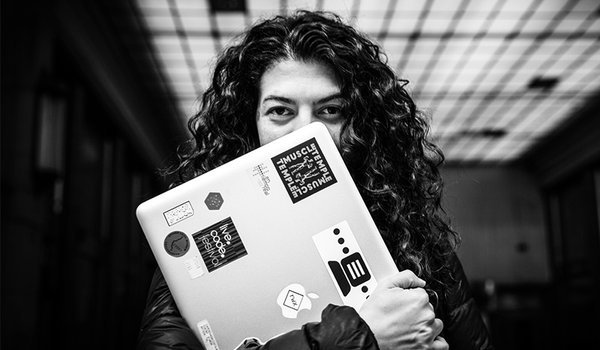
Alexandra Cardenas
Hydra x TidalCycles
A talk+demo around getting Hydra and TidalCycles to work together. We'll hopefully be joined from the creator of Hydra Olivia Jack, beaming in over the internet from Bogota.
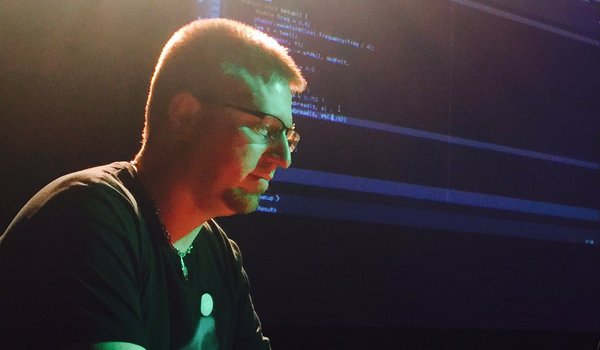
Neil C Smith
PraxisLIVE - Write Now, Run Anytime
PraxisLIVE is a hybrid-visual live programming environment combining visual patching with the ability to recode any node as it is running. At its heart is PraxisCORE, a modular JVM runtime for cyberphysical programming, supporting real-time coding of real-time systems. With a distributed forest-of-actors architecture, runtime code changes and comprehensive introspection, PraxisCORE brings aspects of Erlang, Smalltalk and Extempore into the Java world.
While it can be used to live-code with any Java library, PraxisLIVE comes with particular built-in support for Processing, OpenGL shaders, GStreamer video, and its own live-recodeable audio synthesis engine. This talk / demonstration will showcase these key features, and demonstrate different approaches to project setup for both audio and visual live-coding performance.
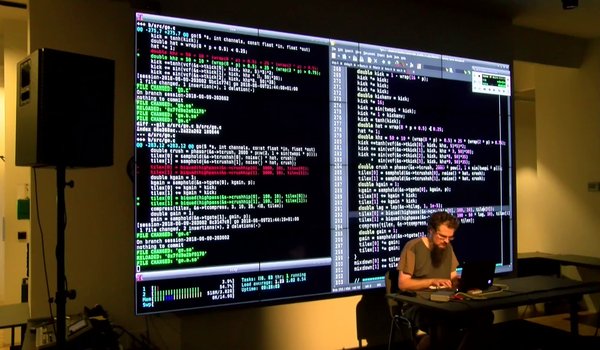
Claude Heiland-Allen
Live-coding audio in C
The JACK audio library allows you to set a callback to process audio. Clive lets you change the code behind the callback at runtime, while preserving a memory area to allow long running audio algorithms to continue uninterrupted. A two-phase edit/commit cycle allows arbitrary changes to be made atomically at each reload.
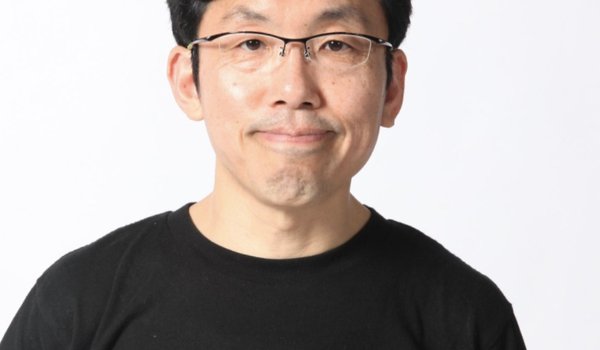
Akihiro Kubota
Live Coding and a New Kind of Improvisation
The unexplored possibilities of live coding approach will be speculated in comparison with the concept of free (non-idiomatic) improvisation.
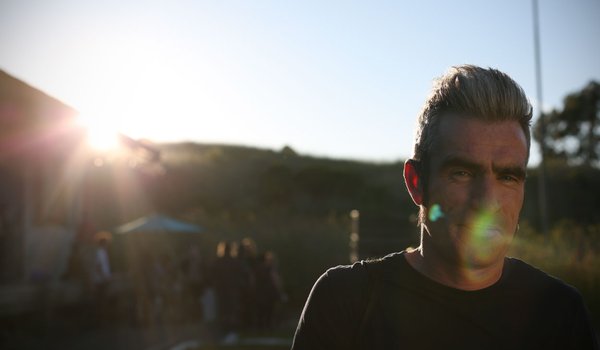
Thorsten Sideb0ard
Practical Granular Synthesis For Fun and Profit
While there are many tutorials and books to be found on how to write subtractive and FM synthesis, when it came to writing a granular synthesis engine for my own Soundb0ard environment, I struggled to find many practical code examples. Based upon reading Curtis Rhodes’ ‘Microsound’ book and an detailed blog post by Robert Henke, I came up with my own granular synth engine. In this talk I will walk through the code and implementation.
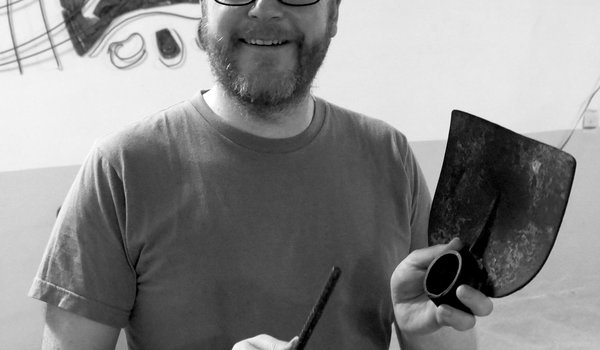
Simon Blackmore
Live coding with rhythm
Simon will discuss his approach to making hardware and software that enable messages to be sent to computers through rhythm. He will reflect on the influence of the polyrhythms of Afro-Cuban music and the fast contra-tiempos of Flamenco. Together we will try some practical examples and speculate on future directions this work could take.
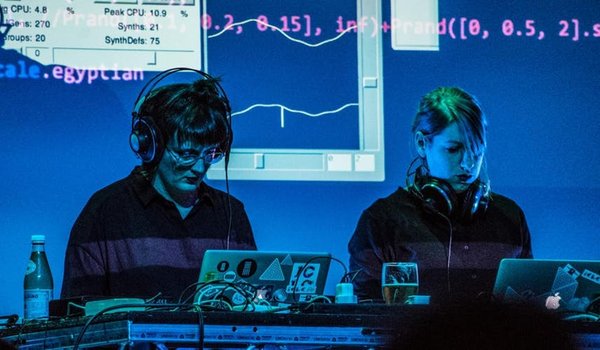
Algobabez
Developing open practices in live coding
In this interactive talk Armitage and Knotts discuss methods for building and supporting diverse communities of practice in live coding.
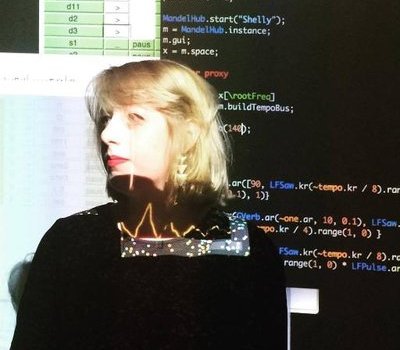
Shelly Knotts and Nick Collins
Experiments in Web Audio Musical Machine Listening
In which two researchers within a large funded grant* will discuss their experiments so far with Web Audio API based machine listening. They will explain a minimal code starting point for machine listening work in the browser, and demonstrate some more involved experiments in browser based auditory modelling, onset detection, and the like.
* MIMIC = Musically Intelligent Machines Interacting Creatively, Joint AHRC funded project between Goldsmiths, Sussex and Durham universities.

Atsushi Tadokoro
A/V live coding techniques with TidalCycles + openFrameworks
Short talk about audio visual live coding techniques with TidalCycles + openFrameworks.
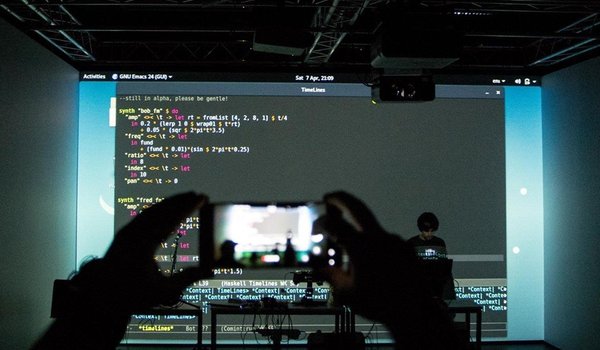
Dimitris Kyriakoudis
TimeLines: Music as (Simple) Mathematical Functions of Time
Have you ever wondered what "music is maths" really means? TimeLines is an attempt at answering this question, an approach to live coding music as mathematical functions with one unknown: time itself. Based on Haskell and SuperCollider, TimeLines hijacks synths by controlling all of their parameters over time, using simple (or complicated, if one is so inclined) mathematical equations to determine their value for each and every moment. Made to be used both on stage and in the studio, it enables the composition and performance of arbitrary, reproducible, completely deterministic (yet heavily random-enabled) streams of information, which can be plugged into any sort of sound-making or editing process. In other words, TimeLines is one of the world's most capable and customisable sequencers, powered by mathematics itself. The ideas and concepts described in this talk can be applied to any language and practice (e.g. visuals, animation etc), so come along even if Haskell or music are not your thing.
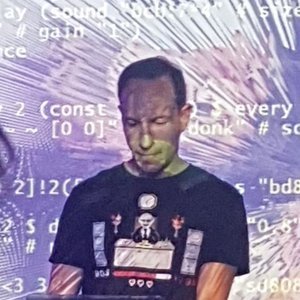
BIT-PRINT
3D Printing as Performance
This project is about developing an open, interactively programmed 3D printing system for live computational making. It explores the role of improvisation and intuition in making new computational forms. This system extends digital printing and CNC machining into the realm of performance and also has potential in design and science pedagogy. For this talk I will discuss my initial work creating this open software and hardware system for livecoding 3D printers, along with some examples of how this could be used in art and design.

